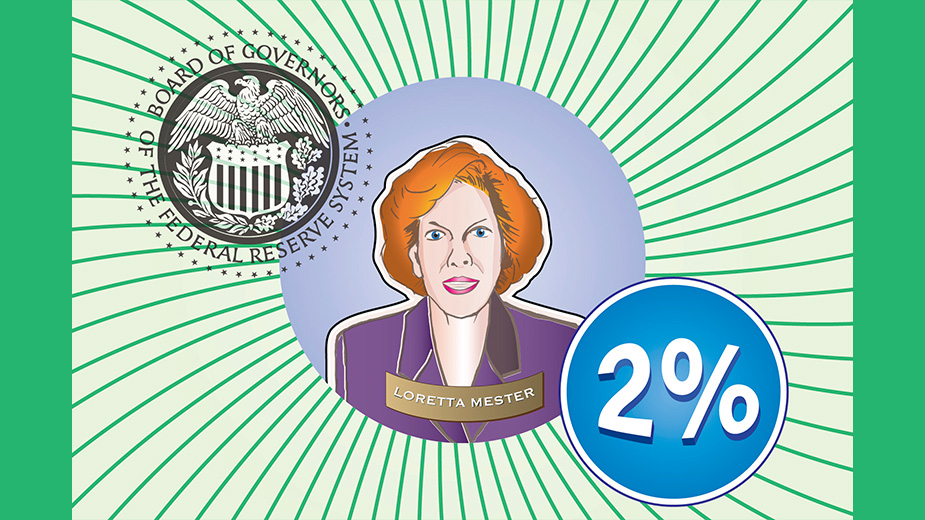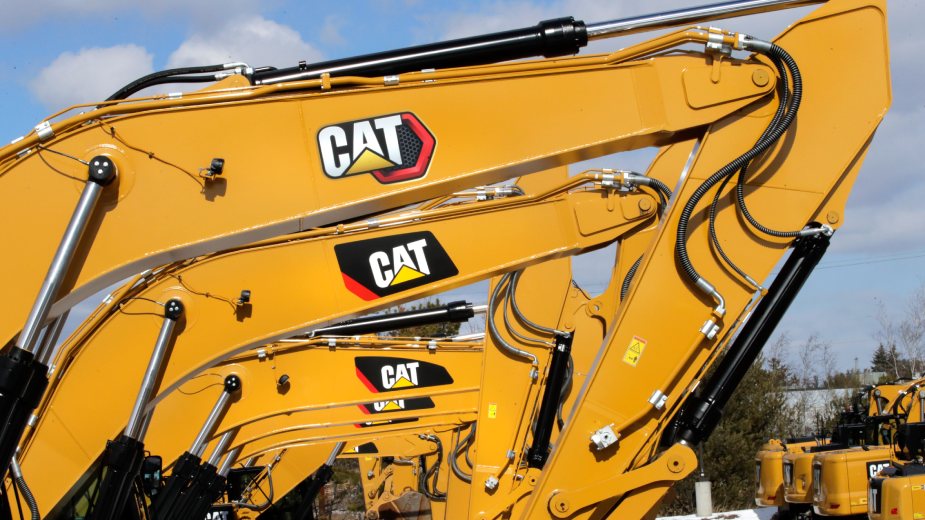Report: Small-Business Owners Optimistic Despite Challenges
YOUNGSTOWN, Ohio – In the 12 months leading up to September 2023, 91% of small-business owners reported experiencing operational challenges, and 93% reported facing some type of financial challenge, according to a report released Thursday.
Still, optimism remains high for 2024 among businesses of 500 or fewer employees. The findings were part of the 2024 Report on Employer Firms, which were based on a credit survey taken of more than 6,000 small businesses across the country from September to November and was released by the 12 Federal Reserve Banks.
According to the report, the effects of the Covid-19 pandemic are waning, with business performance steady and well above pandemic-era lows and supply chain challenges declining markedly between 2022 and 2023. Still, performance indices, such as revenue and employment growth, remain below prepandemic levels.
While most businesses are optimistic, with 57% expecting revenues to increase in the coming year, there remained concerns about rising costs. To overcome financial challenges, 54% reported raising prices their business charged over the past year, while 53% reported dipping into personal funds, and 51% used cash reserves.
Half of small businesses reported they do not expect a change in employment levels over the next year. Hiring challenges have improved over the year but remain another concern.
Higher interest rates are affecting small businesses, including in the form of increased debt payments.
Businesses also report holding a higher amount of debt than those surveyed in the years leading up to the pandemic, with 39% reporting debt of more than $100,000, compared with 31% in 2019.
Of the 44% of businesses that received assistance in the form of a U.S. Small Business Administration Covid-19 Economic Injury Disaster Loan, 28% had an outstanding balance at the time of the survey.
Those seeking financing declined slightly between 2022 and 2023, with 59% applying for some type of financing, but approvals remained nearly steady. Those applying at small banks, credit unions and finance companies were more likely to be approved than those applying at other sources. For instance, 75% of those applying at small banks were at least partially approved, as were 76% of those applying at a credit union or finance company. That is compared with 70% of those going through online lenders and 66% of large bank applicants.
When broken down by race or ethnicity of the owner, 56% of white-owned businesses were approved for a loan, line of credit or merchant cash advance, while only 34% of Asian-owned businesses and 32% of both Black- and Hispanic-owned businesses were approved. The older the business and the larger the business, the more likely it was to be approved for financing. Smaller, newer and women-owned businesses were more likely to obtain a loan from friends or family.
By industry, 63% of manufacturers applying for financing were approved, followed by retail at 52%, professional services and real estate at 49%, health care and education at 44% and leisure and hospitality at 43%.
Overall, small businesses reported being less satisfied with their experiences with lenders, with their most common challenge being navigating higher interest rates. Higher interest rates led to more than a third deciding to delay expansion or capital spending, including 48% in the leisure and hospitality sector and 42% of manufacturers surveyed.
Checks are still king for small businesses, with 80% accepting checks, 74% accepting credit cards and 65% accepting cash. Only 1% accept cryptocurrency.
Pictured at top: Photo by Andrea Piacquadio. (Pexels.com)
Copyright 2024 The Business Journal, Youngstown, Ohio.



